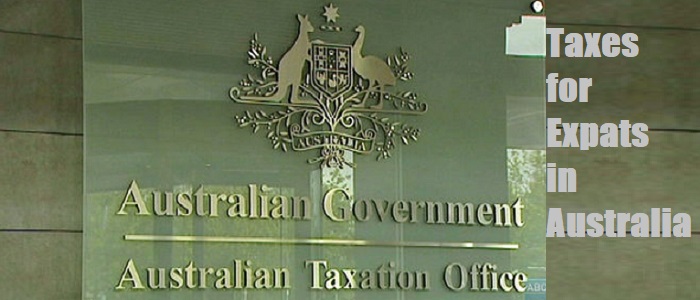NRI with Green Card in the US, what not to forget while filing your taxes this year
The income tax system that currently in motion in the United States of America, requires corporation, trusts, estates and individuals to pay taxes. If you are an NRI, you must also pay taxes to Uncle Sam. Irrespective of whether you are filing your taxes for the very first time or have been doing it for years, here are a few things that you must not forget.
-
Reporting Foreign Assets (Form 8938)
The IRS introduced
Form 8938 a few years ago to get additional information regarding foreign assets of their citizens. The Form 8938 or Statement of Specified Foreign Financial Assets should be filed along with their taxes. This form requires taxpayers to disclose additional information regarding their interests and investments in foreign financial assets. With the help of this form, the IRS can identify the non-compliance of its taxpayers.
Your financial assets such as pension plans, mutual funds, insurance policies, ULIP plans and bank account balances must be declared as a part of Form 8938. The form is quite exhaustive, to say the least. You can get in touch with the company handling your finances or banker to get these details.
The IRS outlines its residents and citizens (PIO, OCI or NRI) to pay taxes on their global income and not only the income generated in the US. Anyone who has stayed in the US for at least 31 days in a fiscal year and 183 days in the previous three years, gets the tag of a US resident. If you qualify, you must declare your global income.
Global income includes any salary that you receive in India, either for consultation or freelancing. Income in the form of interests or dividends earned on bank deposits or other securities. Income generated from rent received on a property, agricultural income or capital gain on the selling of assets, all qualify.
You will be taxed on all of these in the US. While income from agriculture is tax-free, it will be taxed in the US. However, if you have paid taxes in India for any of these incomes, you can claim for the foreign tax credit as per the DTAA.
-
Employee Stock Option Plan
Employee Stock Option Plan or ESOP is something that you must not forget in your tax filing. The IRS considers the granted value of ESOPs when a taxpayer opts for the same. The total ESOP compensation must be added to the gross income. If you had exercised a similar option in India and have paid relevant taxes, you can opt for tax credit while filing your tax return.
The IRS requires all its citizens and residents to declare their foreign investments such as mutual funds and private equities in the tax return. These investments come under the purview of the Passive Foreign Investment Company (PFIC). To summarize, according to the PFIC, a taxpayer must declare all such investments and any gains that they earn out of them. These gains must be declared and appropriate taxes paid.
In the event that you fail to do so or did not receive any gains from them, the final sale value would be divided for the number of years and calculated. For instance, if you haven’t received any distributions over 5 years and you gain a total of $200, it would be considered as $40 for each year.
Being on the top of these will help you from coming under the scrutiny of the IRS. And of course, sets yoo up for a smoother tax filing season.



Recent Comments